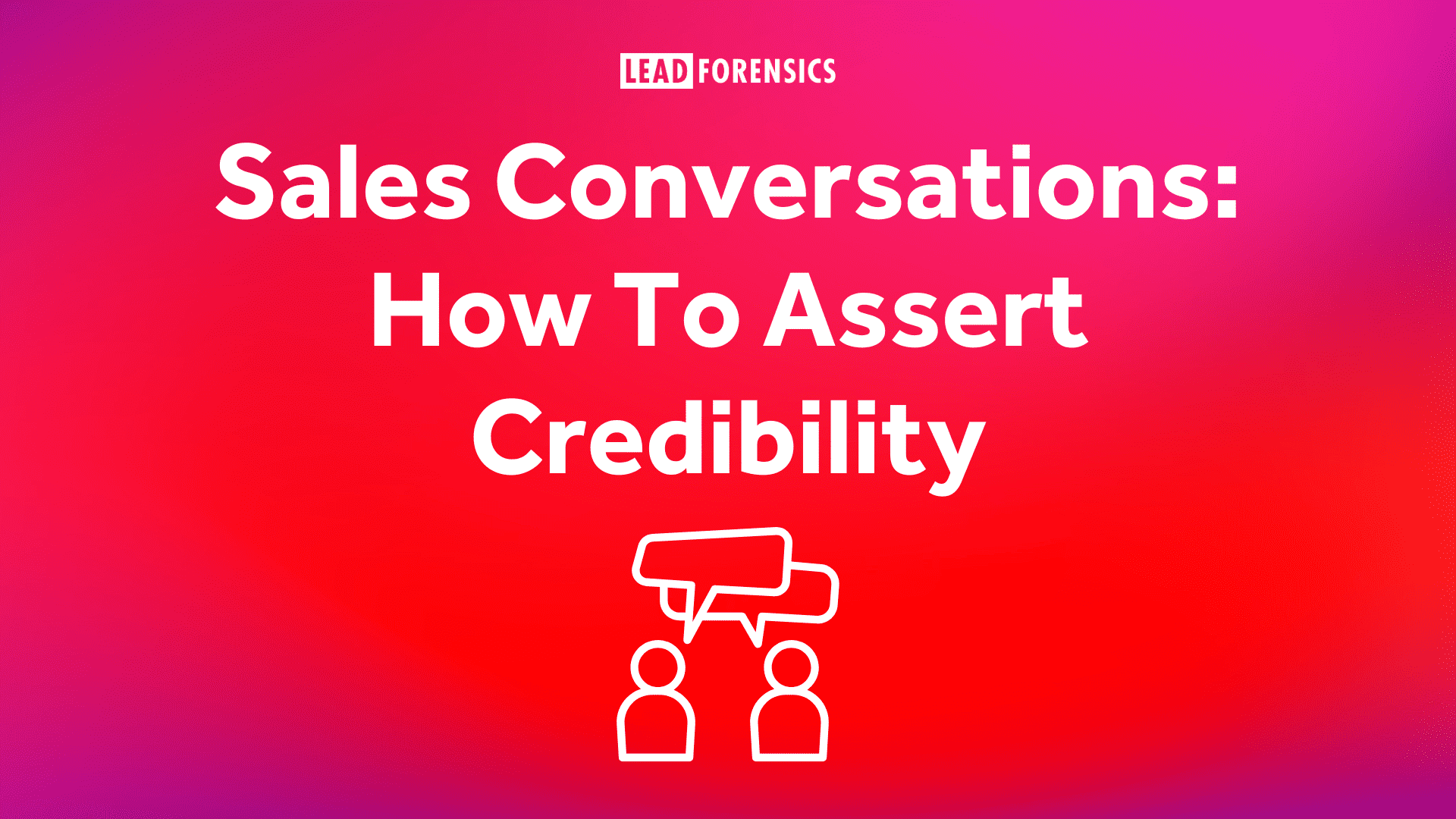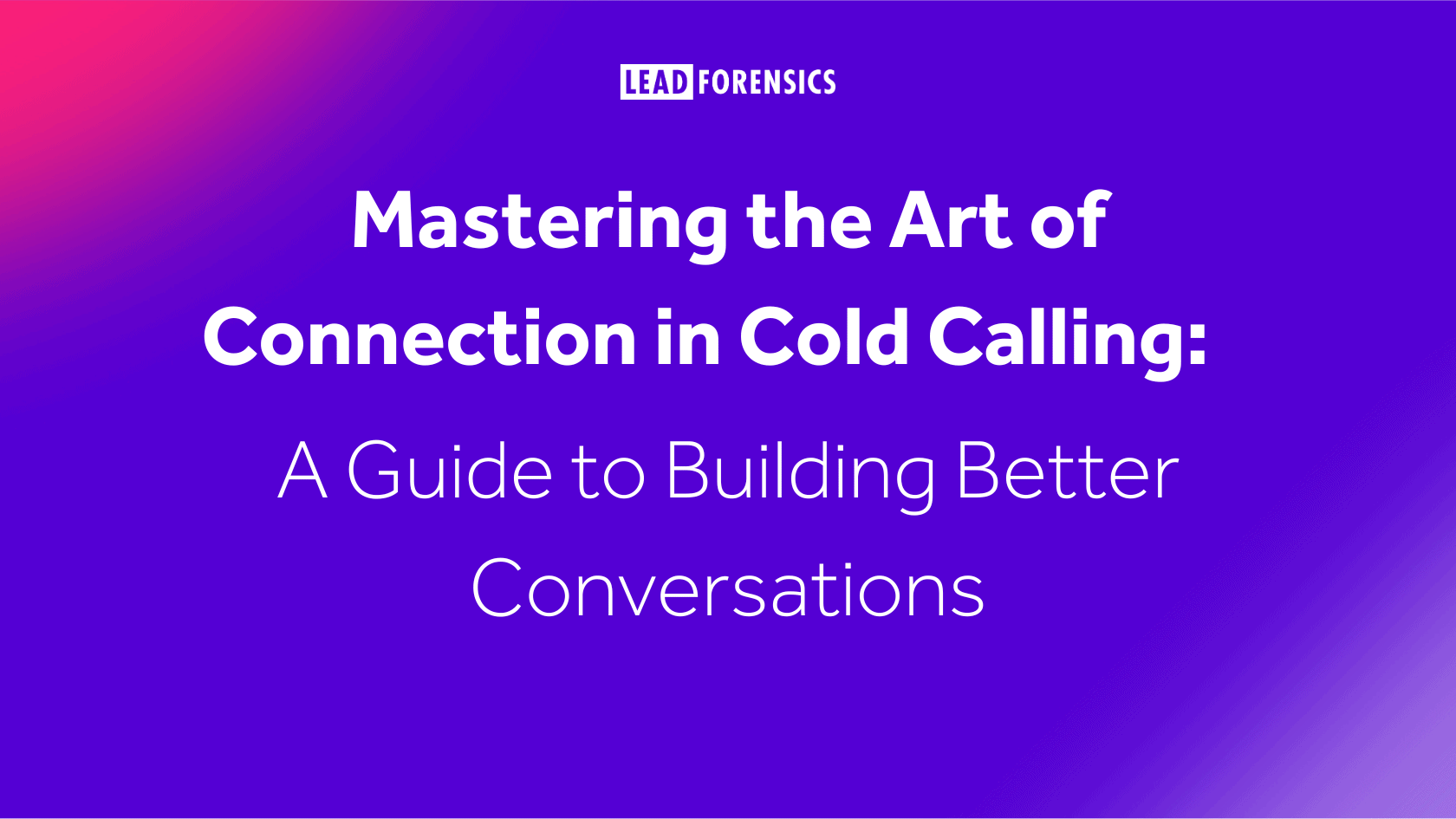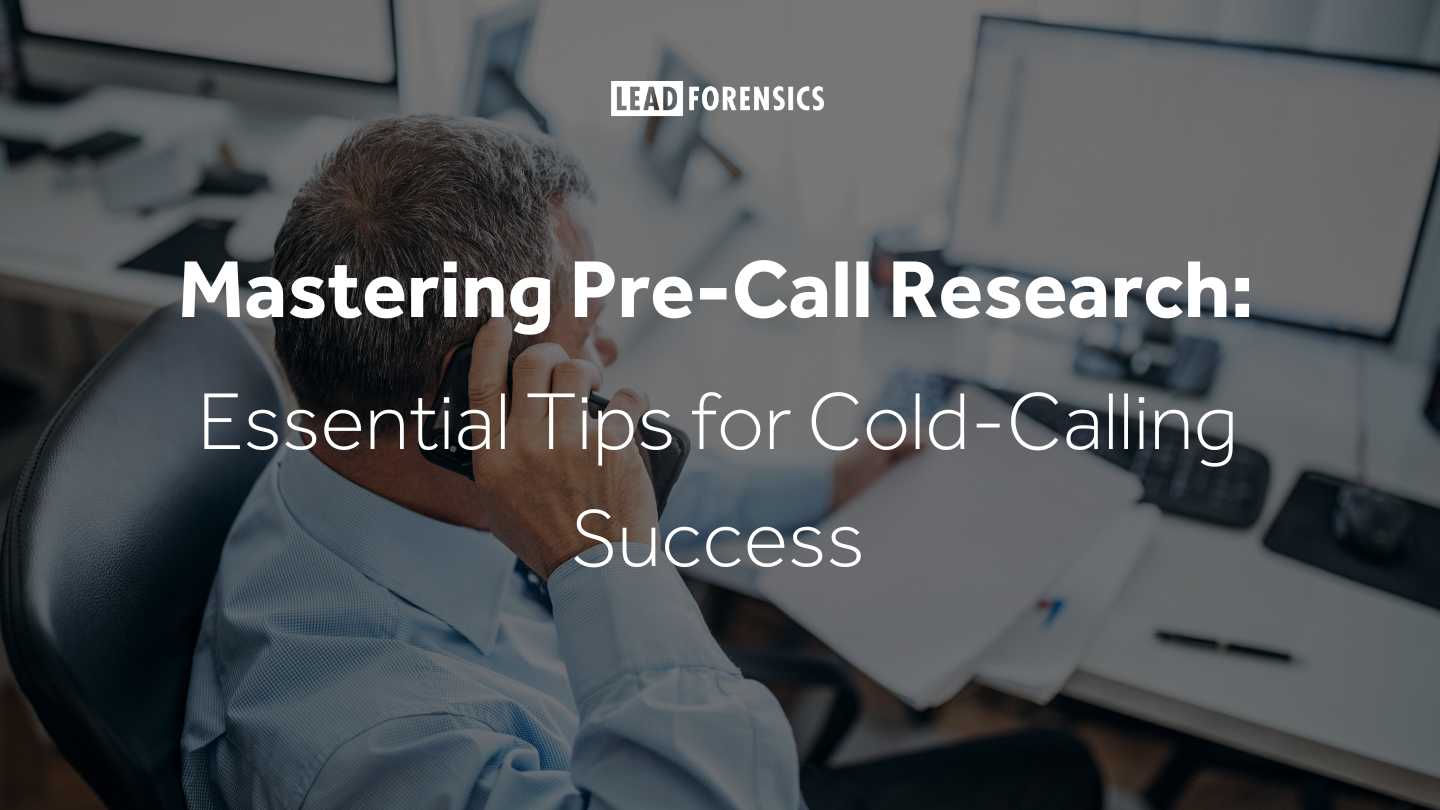If you already have a strong track record behind you – and some glowing case studies and testimonials to show for it – then you’re in a great position. You can prove what you’re capable of, the type of results you can achieve and that you deliver on your promises.
But what if you don’t have that yet? For example, if you’re a new business, or an established firm looking to launch a completely new type of product?
In sales, there’s a saying: ‘people buy from people they know, like and trust’. Once you have the knowing and liking part covered (and have the proverbial ‘foot in the door’) it’s time to instill some trust.
The crucial question you need to answer is ‘why should anyone buy from you?’. As a buyer may be sold on the solution you’re offering, but choosing whether to go with you as their supplier is another matter. Especially, if you’re up against more established firms.
So, what can sales teams do in this situation?
How can you gain credibility when you’re new to sales?
When you first embark on a career in sales, you’ll be testing the water and will need to learn a lot from those around you. If you’re joining an established team with strong systems in place, then that’s going to help you get up to speed quickly.
Go for it and make the most of every interaction. Ask lots of questions, shadow as many people as possible and generally soak it all in. See what works for others, what different sales styles are at play and how team members prepare.
Joining an existing team has the added benefit that you can lean on their experience and credibility. Of course, it may be that you’re just starting out in business and your sales team is the grand total of one – you!
In this situation, think where there may be other credibility you can leverage. For example, in your own career up to this point, if you have managed to secure investment in your product, or even what’s going on in the wider industry.
Prepare, prepare, prepare
If you have an opportunity to get in front of a prospect (whether in person or over the phone), but you’re afraid of sounding like a novice, then ensure you prepare well. Research so you have a clear understanding of the client and their industry, and focus on asking quality questions.
They will immediately sense that you’ve done your homework, thanks to the quality of your questions. Just be careful not to turn the whole thing into an interrogation.
It’s natural to feel nervous. In the beginning, you’ll feel you’re lacking in credibility, but in fact, the only thing you’re really missing is experience.
So, prepare well, ask great questions and remember to breathe!
How do you gain credibility when launching a new service into an existing market?
If you are a company that’s launching a new service into an existing market, it’s vital that you demonstrate why buyers should go with the new kid on the block. You need to address this issue right away, meeting the potential objection head on.
Answer the question, ‘why work with us?’ and point out why someone should choose to work with you, even if there are more experienced suppliers around.
To do this, you need to know what makes you so different to your competitors. What’s your unique selling point (USP)?
Usually making the decision to enter an existing market will be driven by something – some new edge or innovation you’ve hit upon. Perhaps you can do it faster, cheaper or better. Or maybe your advantage is of a geographical nature. Sometimes even the structure and culture of the company can be a huge selling point – for example, a modern and ambitious company may want to do business with other similar, agile companies.
Also consider providing some kind of special offer, which helps to get the ball rolling and enables you to prove you can fulfill your promises. It can be a nightmare for established businesses, when newcomers push their way in by throwing price cuts around to grab market share. Of course, only time will tell if they hold on to this share, as offers can’t be sustained forever.
Establishing trust
When you are taking part in sales conversations, remember it’s essential that you work on establishing trust. You’ll be making all sorts of claims and promises, and your prospect needs to believe that they are true, and you can deliver on them. No one is going to hand over any money without that.
Paint a picture – show them what working with you will look like, by talking about the before and after scenario. Always remind the prospect about the desired future outcome they are hoping to achieve and the ways you can help them reach that result.
Don’t forget to leverage any credibility that exists within your team too. You may be a new player in this particular market, but be veterans in business with proven success elsewhere and client relationships you’ve build and held on to for years. Talk about that.
How do you assert credibility when selling a completely new product?
If the product or service you are selling is completely new and nothing like it currently exists, then you face a different challenge.
For example, imagine you invented a complete washing system that gathers together all the dirty clothes, sorts them, washes them, dries them, hangs them and folds them away neatly in the cupboard. How would you sell that?
In this case, probably quite easily to those with the required budget. But what if your product is good and fulfils a need, but doesn’t sell itself quite as well? How can you gain credibility and trust from your target audience, that it will work? Or that the service will be as good as you say it is?
There will be loads of elephants in the room and your pitch needs to tackle them all. Start by listing them out, along with the ways you might address them. Your best bet for establishing credibility is to have stories and explanations prepared for every kind of scenario.
Usually, new products and innovations will be driven by an individual or group of people, coming together with an idea for how to do something better. They may be experts in their field who put their heads together to develop a new kind of service.
Tesla is a perfect example. The company revolutionized the electric car market by proving you can still have flashy, fast cars and be environmentally friendly. In the beginning, there was just founder, Elon Musk, with an idea. He hired the right talent and the rest is history.
The best thing you can do is to get some case studies together as quickly as possible. Nothing sells better than proving what is possible in a real life situation, through the experience of others.
Top takeaways
- Get your story straight – know what your story is and spot where you can leverage credibility, whether it’s your own, or from other people within the team or company
- Prepare – know the answer to the question ‘why should someone buy from you?’
- Aim to build credibility as quickly as possible – ask for testimonials and feedback, pull together case studies, show your product works and you can deliver what you say
- Never promise what you cannot deliver – Always stick to your promises. If you can’t then any credibility you have will be gone. This goes for everything, including providing things by an agreed time
- Be genuine – There’s no place for overly pushy or fake sales people within today’s world. Understand what the true value of your product is, how it can fulfill a need and help a prospect achieve their ambitions, then build on that
- Actively listen – Learn to listen on a higher level, so you not only hear the other person’s word, but understand them and what lies behind them
- Don’t pretend you know everything – If you don’t know the answer to something, never guess or try and blag it. Admit you don’t and promise to come back to them with the answer shortly








